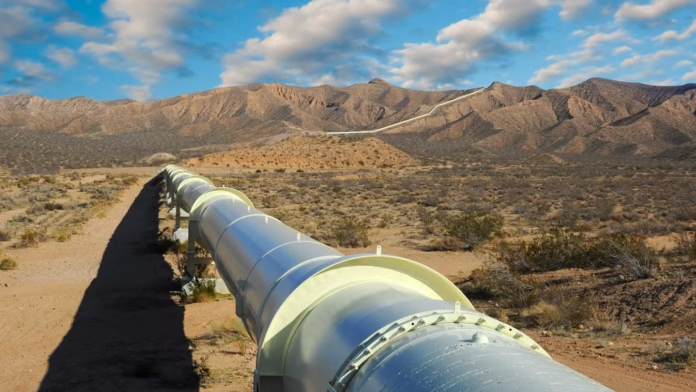No Oil, No Deal Yet: Baghdad Asks Turkey for More Time on Kurdistan Exports
Iraqi Prime Minister Mohammed Shia’ al-Sudani has asked Turkey for more time to resolve a long-standing dispute over oil exports from the Kurdistan Region. The delay, he explained, stems from ongoing negotiations between Baghdad and oil companies, as well as with the Kurdistan Regional Government (KRG).
Speaking after a high-level meeting in Ankara on Thursday, Turkish Energy Minister Alparslan Bayraktar shared updates from Sudani’s visit with Turkish President Recep Tayyip Erdoğan.
“Talks between Baghdad and Erbil are still underway. They haven’t finalized an agreement,” Bayraktar said in a televised interview. “According to what Prime Minister Sudani and his team told us today, they need more time.”
Trade Talks Move Ahead, But Oil Exports Still Frozen
Although the visit included the signing of several memoranda of understanding aimed at strengthening trade and investment, a breakthrough on oil exports remains elusive. Oil flows from the Kurdistan Region through the Iraq-Turkey pipeline have been halted since March 2023, after an international arbitration court ruled that Turkey had violated a decades-old agreement by allowing Erbil to export oil without Baghdad’s consent.
The result has been costly: billions in lost revenue for Iraq and continued uncertainty for oil companies operating in the Kurdish region.
Despite months of discussions involving Erbil, Baghdad, Ankara, and key industry players — with added pressure from Washington — a restart date remains out of reach.
Turkey Still Committed to Energy Partnership
Bayraktar emphasized Turkey’s continued interest in expanding energy cooperation with Iraq, particularly in the south.
“The pipeline has the capacity to carry 1.5 million barrels of oil per day,” he said. “We see Iraq as a natural energy partner. We’re looking at several areas: oil production, natural gas exports to Iraqi power plants, and electricity collaboration. We aim to grow in all these sectors.”
What’s Holding the Talks Back?
Two key sticking points remain: the fees owed to oil producers and the appointment of an international consultant to verify production and transportation costs in Kurdistan.
Earlier this year, Iraq’s parliament approved changes to the federal budget that included a $16-per-barrel compensation for these costs. The amendments also require the federal and regional governments to appoint a technical consultant within 60 days. If no consensus is reached, Baghdad will choose the consultant on its own.
Myles Caggins, spokesperson for the Association of the Petroleum Industry of Kurdistan (APIKUR), said oil companies are still waiting on official documentation from Baghdad.
“We’ve been very clear — publicly and privately — about what we need to resume exports,” Caggins said in an April 29 statement. “We’re just waiting for the Iraqi government to provide a written scope of work for the international consultant. Once that’s in place, we’re ready to restart.”

